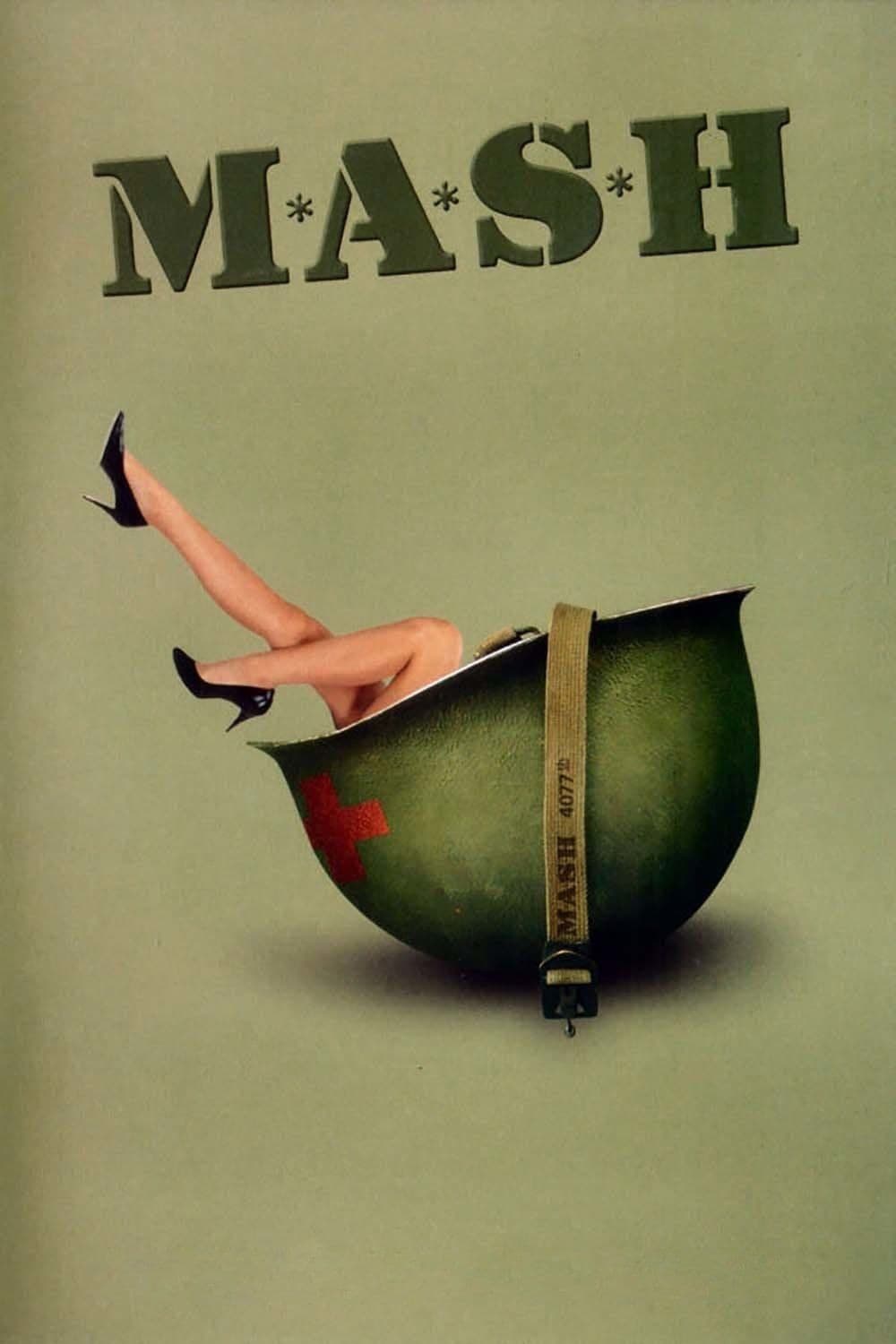
M*A*S*H
1970
Rate this movie
Average: 0.00 / 5
(0 votes)
Director
In the midst of the Vietnam War, Altman imbued his commitment into an anti-militarist farce that caused a stir due to its hilarious and carefree approach to such a sensitive theme. It is a work that exemplarily embodies the essence of the late 1960s American countercultural ferment, conveying a fierce critique of authority and the brutality of war not through didactic pronouncements, but by means of an irresistible anarchy and corrosive irony. His virtuosity is evident in the bold use of zoom, which here is not a mere technical artifice but a diegetic tool to thrust the viewer into the febrile chaos of the 4077th MASH. And again, his trademark overlapping dialogues create an orchestrated cacophony that reflects the characters' mental disorganization and emotional anarchy, a sonic crucible that anticipates the acoustic immersion of works like Nashville or Gang.
The underlying pacifism arises not from a stereotypical dramaturgical tension, but from a subversion of the rigid military order through the very elements that define it. It is not an easy or comforting comedy, but rather a dark, abrasive humor that serves as a defense mechanism against unspeakable daily horror. It is laughter born of despair, a cathartic cry against the absurdity of death inflicted and endured. This approach is radically different from more didactic or overtly allegorical war satire, like Kubrick's brilliant Dr. Strangelove; here the criticism is not explicit through grotesque figures of the establishment, but emerges from the dysfunctional behavior of those forced to operate within it. The film, though set during the Korean War, is a transparent allegory for the Vietnam conflict, a narrative device that allowed Altman to bypass censorship and amplify the resonance of his message in an era of profound division and disillusionment.
MASH, or Mobile Army Surgical Hospital, is an army medical unit that operates on war wounded directly on site. Its location is a crossroads of horror and grotesque normality, where the blood and vomit of mutilated soldiers blend with sharp sarcasm and boisterous antics. This raw and brutal juxtaposition delineates a daily surrealism that becomes the true engine of Altman's indictment. It is a theater of the absurd where life and death dance a macabre polka, and where madness seems to be the only sensible response to an intrinsically senseless context.
During the Korean War, this unit is comprised of three grotesque and quirky doctors who, instead of submitting to military regulations, find every stratagem to escape the base and unleash their instincts in a bestial libido. Hawkeye, Trapper John, Duke Forrest: they are not mere caricatures, but archetypes of humanity pushed to the brink, where sharp intelligence and the capacity for ironic detachment are the only weapons left to preserve a glimmer of sanity. Their 'bestial libido' is not mere dissoluteness, but a gesture of vital affirmation, a refusal to be reduced to cogs in a depersonalizing war machine. It is an escape into hedonism as the ultimate form of protest, an act of freedom that challenges the rigidity of the military hierarchy embodied by figures like Major Frank Burns and Chief Nurse Hot Lips Houlihan, whose puritanism and conformism are ridiculed as further manifestations of systemic obtuseness. The episode is famous in which, to expose Hot Lips' hypocrisy, her showers are secretly filmed and broadcast via loudspeaker, a gesture of humiliation as cruel as it is liberating for the entire unit. Many of the scenes, such as the iconic "Last Supper Dinner" or the American football game, were the result of controlled improvisation, which Altman encouraged on set, lending the film a raw and vibrant authenticity that defied Hollywood conventions.
And even once caught in the act, they manage with their boisterous spirit to evade inevitable punishment. This dynamic is not just a comedic cliché, but the beating heart of the narrative: a demonstration that true strength lies not in imposed order, but in the human capacity to evade it, to corrupt it with pure vitality. Their contempt for rules and their constant pursuit of pleasure, be it gambling or seduction, is not self-indulgence, but a survival strategy in an environment where death is a constant impending presence. This makes them heroic figures in their own way, not for acts of military valor, but for their refusal to be bent and annihilated by the squalor of war.
The film was later followed by a highly successful TV series that dominated the entire 1970s. Although the series greatly contributed to the brand's popularity, it inevitably softened the sharper, more subversive edges of Altman's film, taming its disruptive charge for television audiences.
A great film that teaches the viewer to laugh and take a stand against atrocities with an oblique smile etched on their face and with the carefree strength of its ramshackle team of doctors. An "oblique smile" that is not one of joy, but of scornful defiance, of lucid awareness of the absurdity of existence and human folly. M.A.S.H. offers no easy answers or solutions, but proposes an existential way out: that of maintaining one's humanity and sanity through irony and rebellion against a system that seeks to annihilate them. It is a generational manifesto of disillusionment and intelligent rebellion, whose resonance has remained intact, making it a timeless classic and a benchmark for any reflection on the war-comedy dichotomy.
Country
Gallery
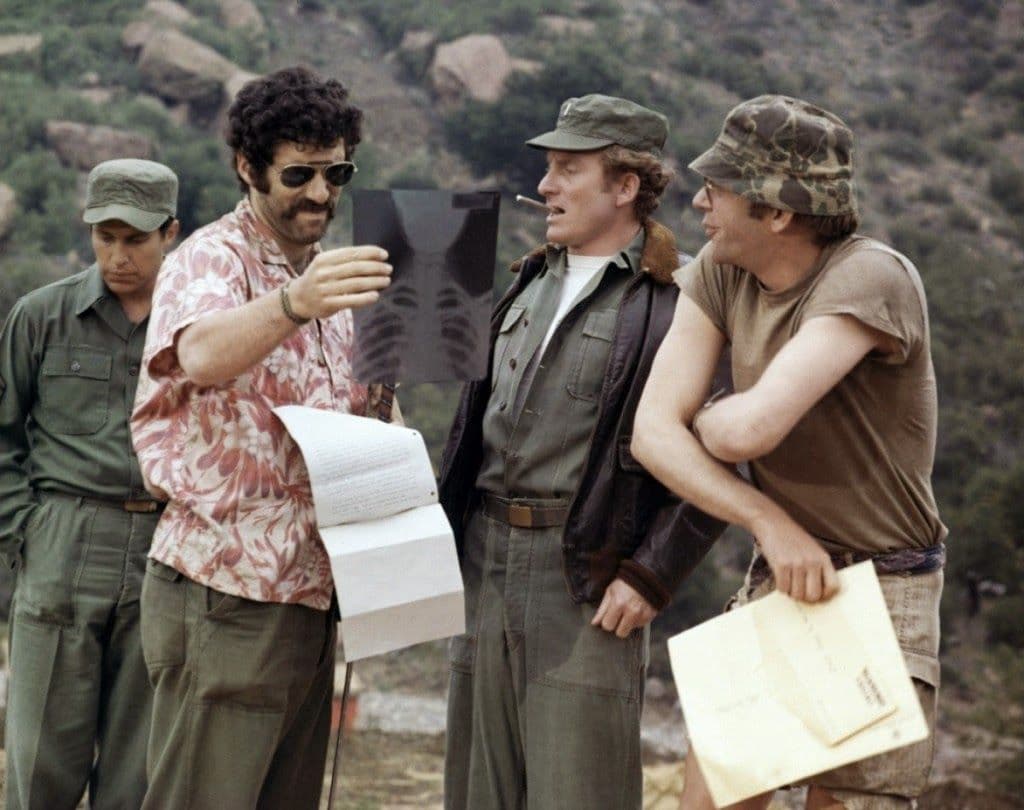

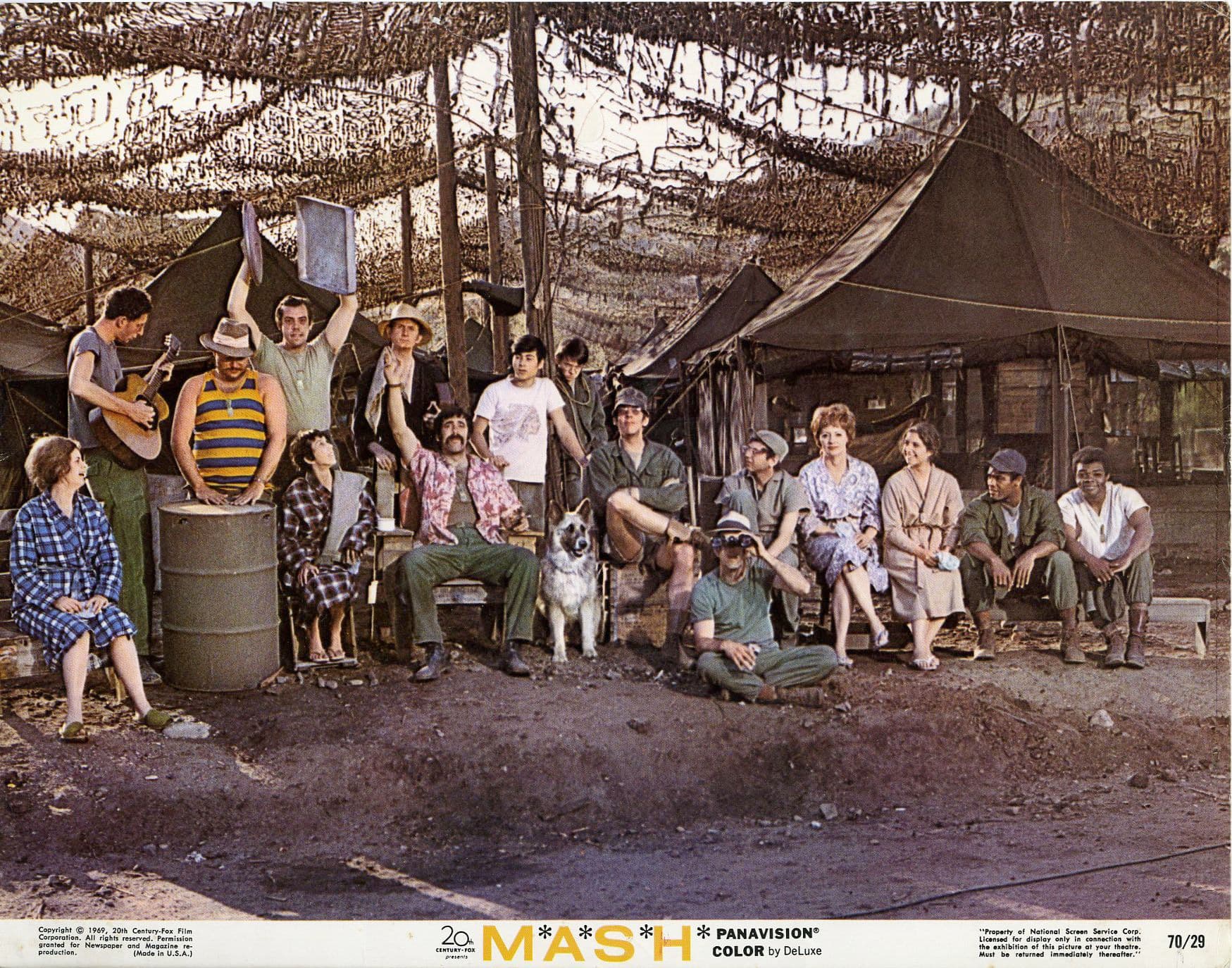
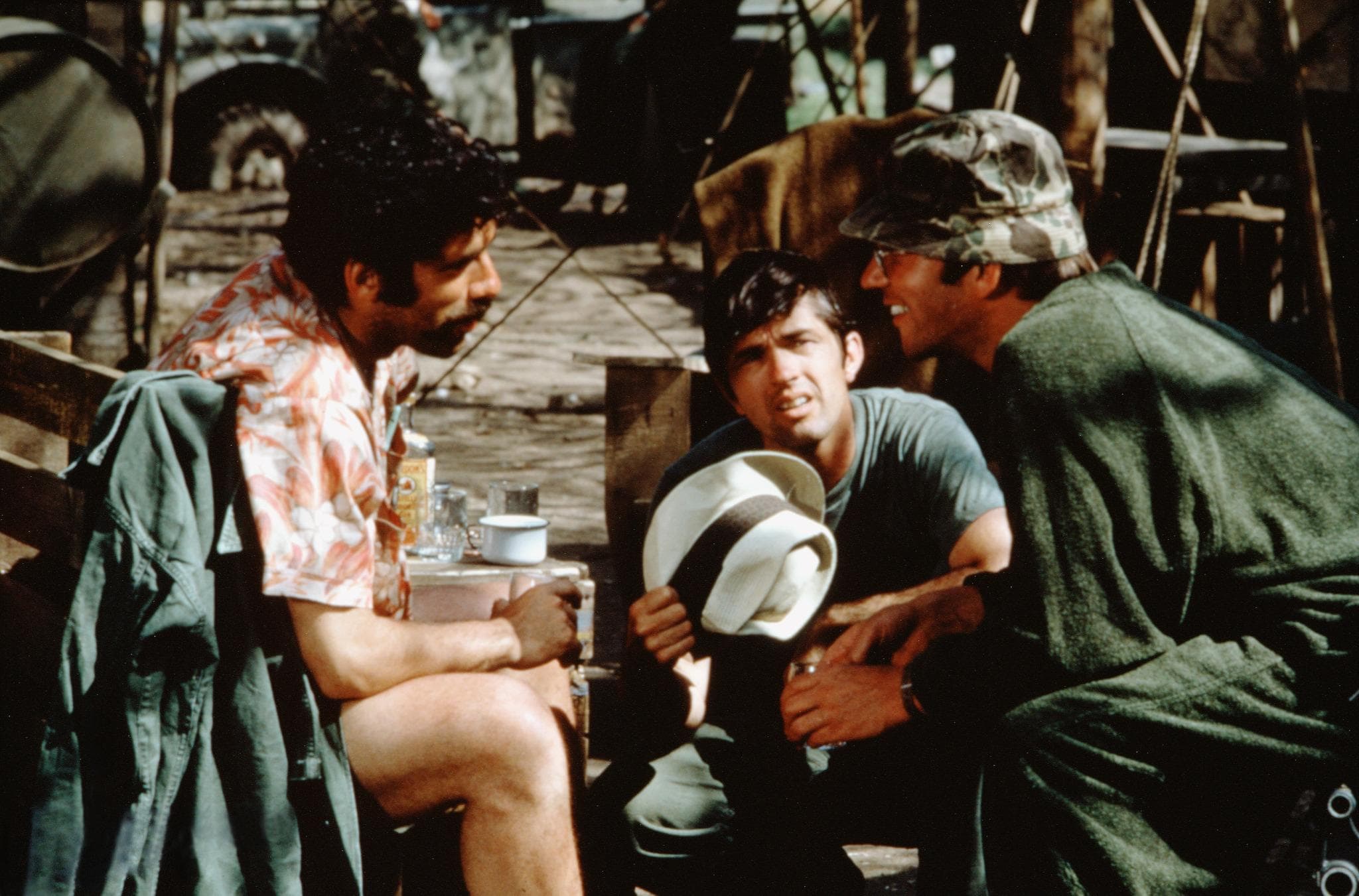
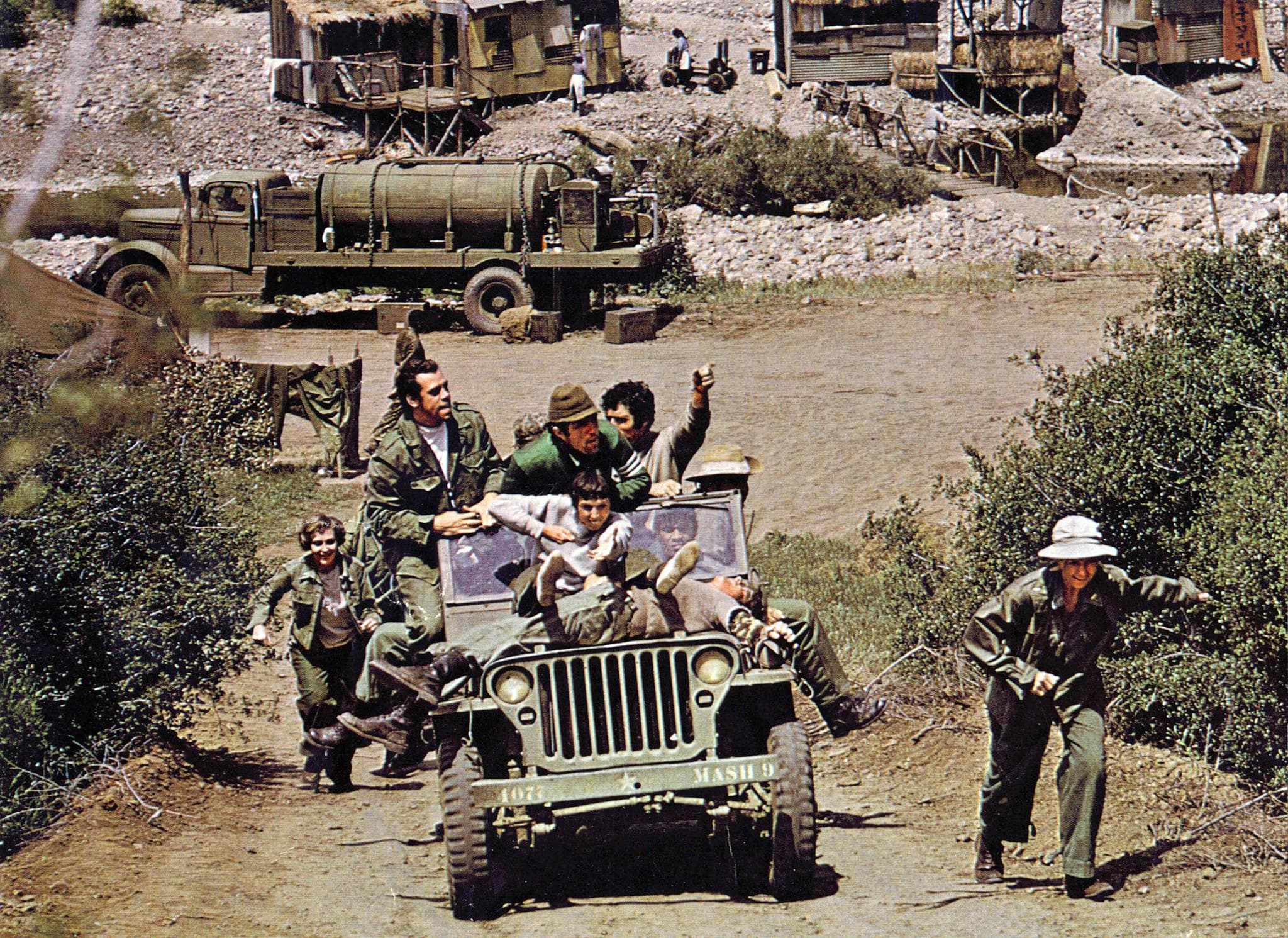
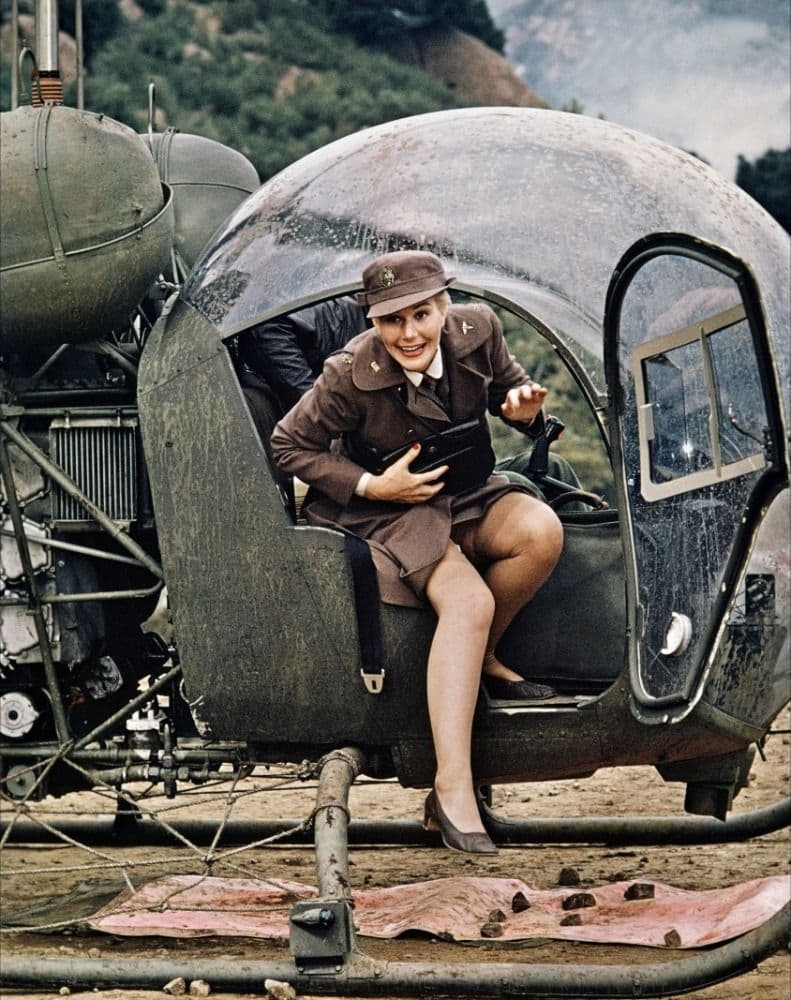
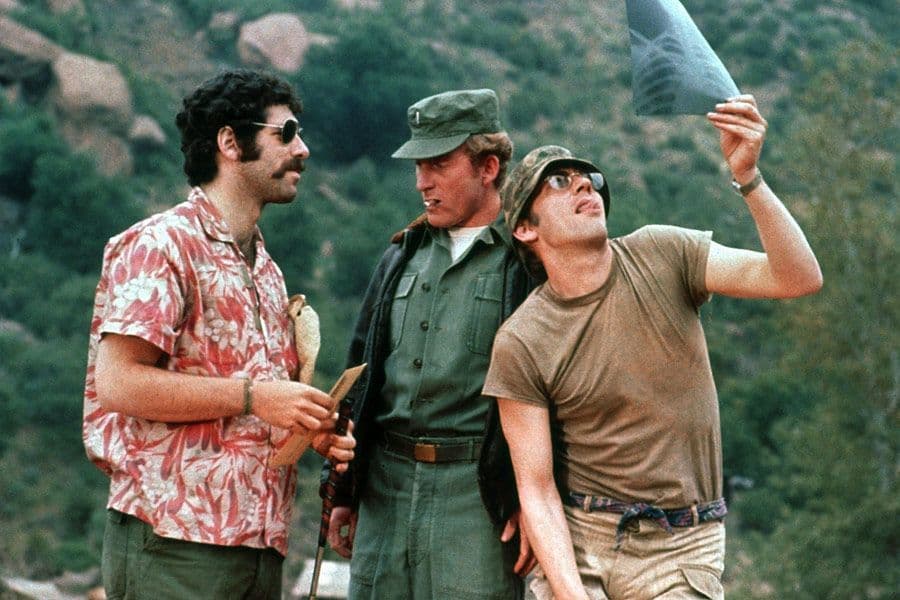
Featured Videos
Official Trailer
Comments
Loading comments...